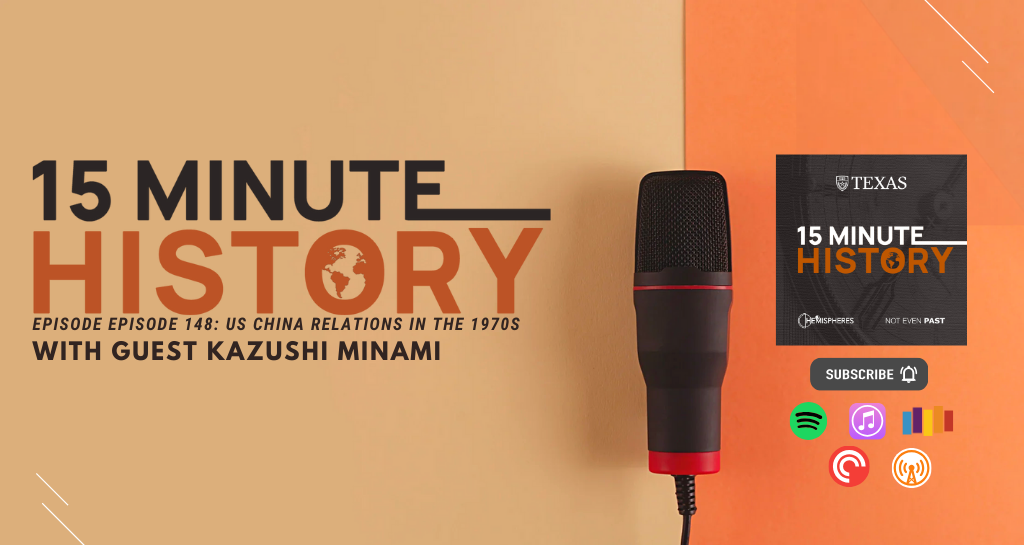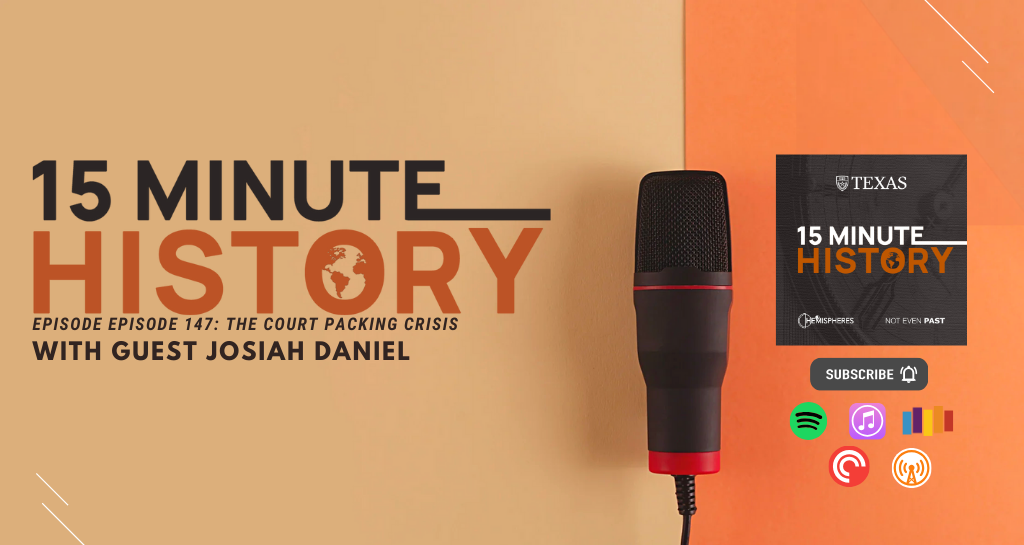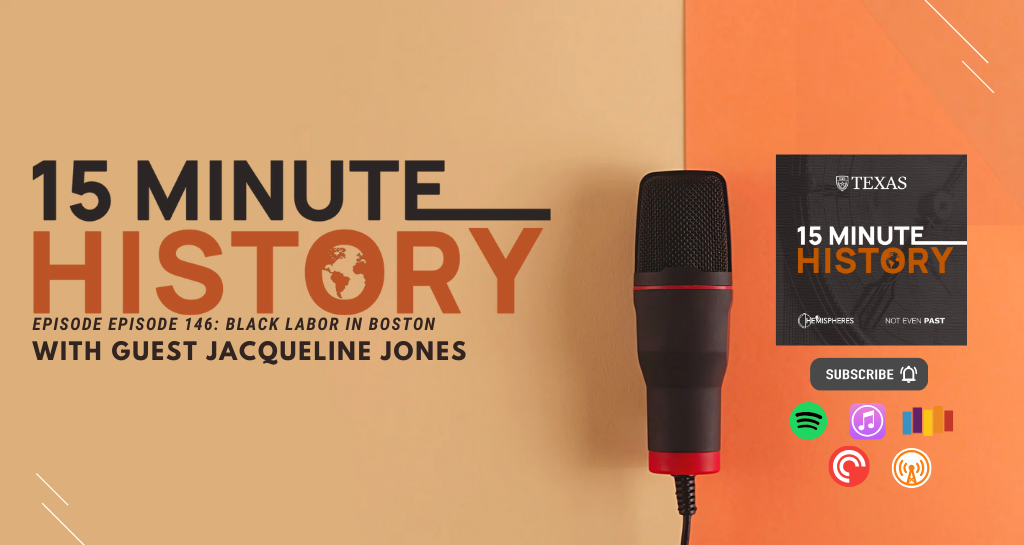
During the 1970s, relations between the US and China were transformed. Previously the two nations were cold war enemies. But Kazushi Minami argues that the ’70s saw Americans reimagine China as a country of opportunities, while Chinese reinterpreted the US as an agent of modernization, capable of enriching their country. Crucial to this process was “people’s diplomacy” the title of Minami’s book on US-China relations which focuses on how Americans and Chinese from all walks of life engaged in people-to-people exchanges across the realms of business, culture and sport. Minami teaches history at Osaka University in Japan.

